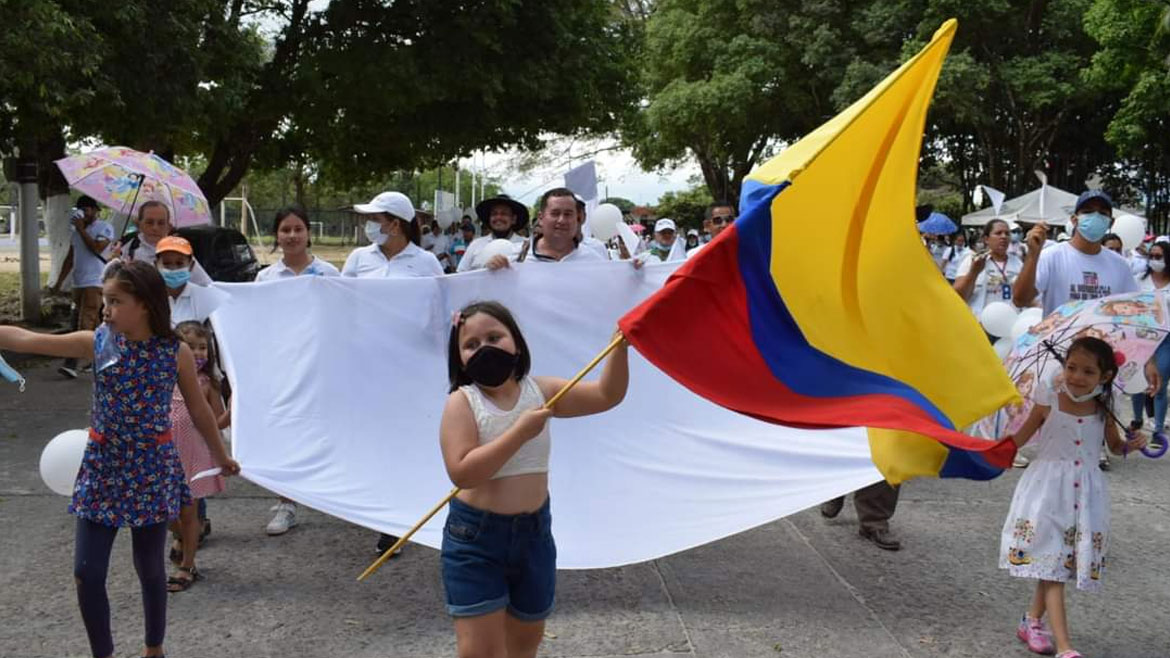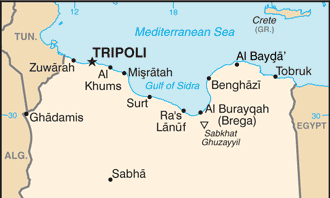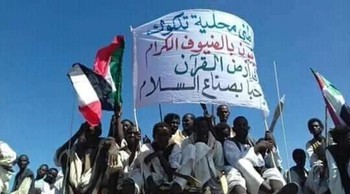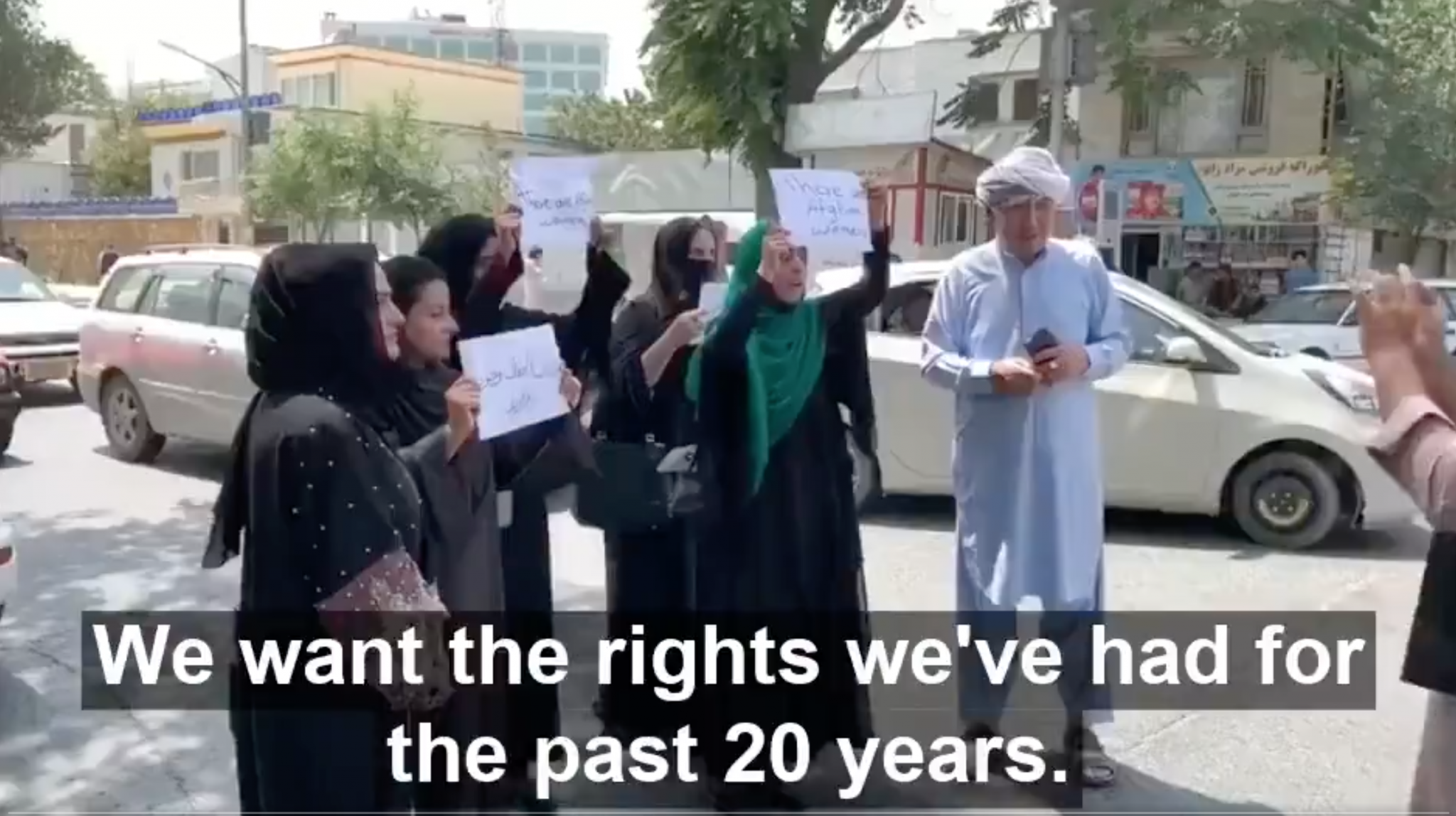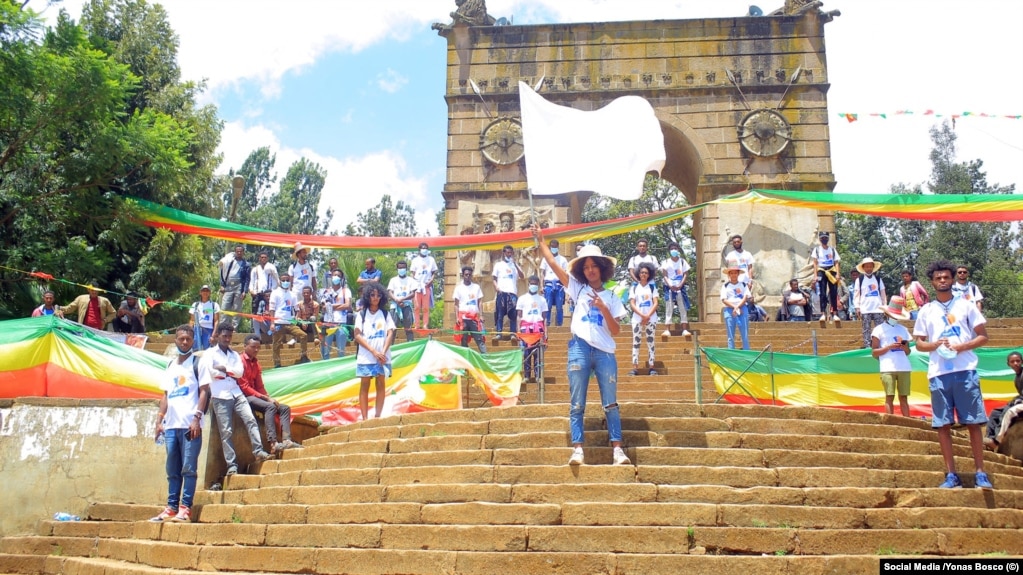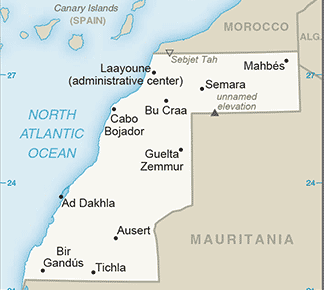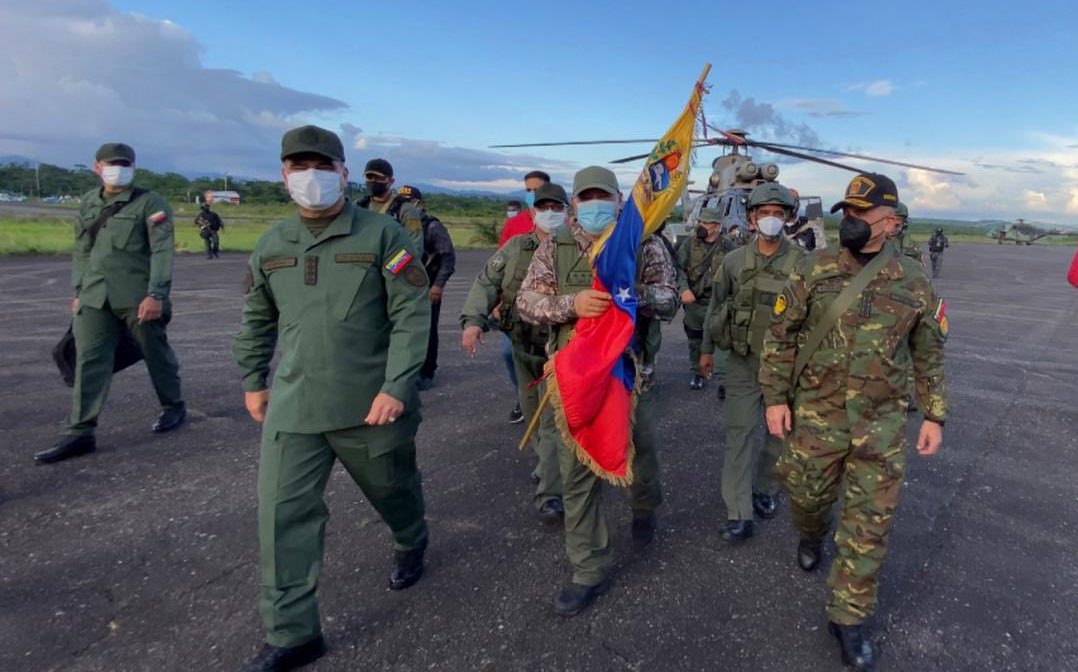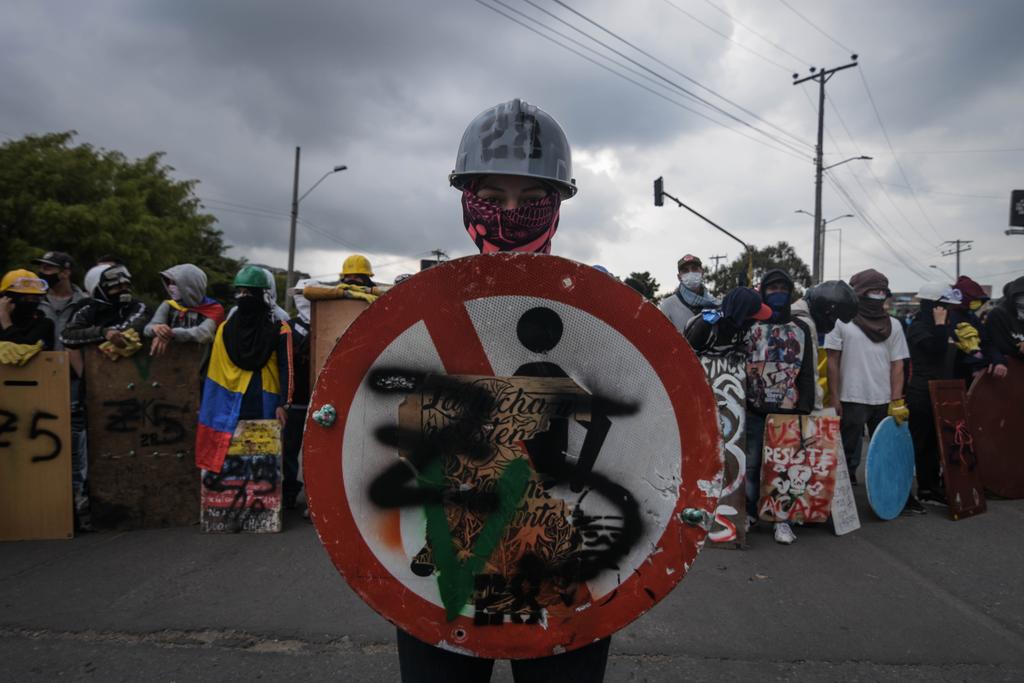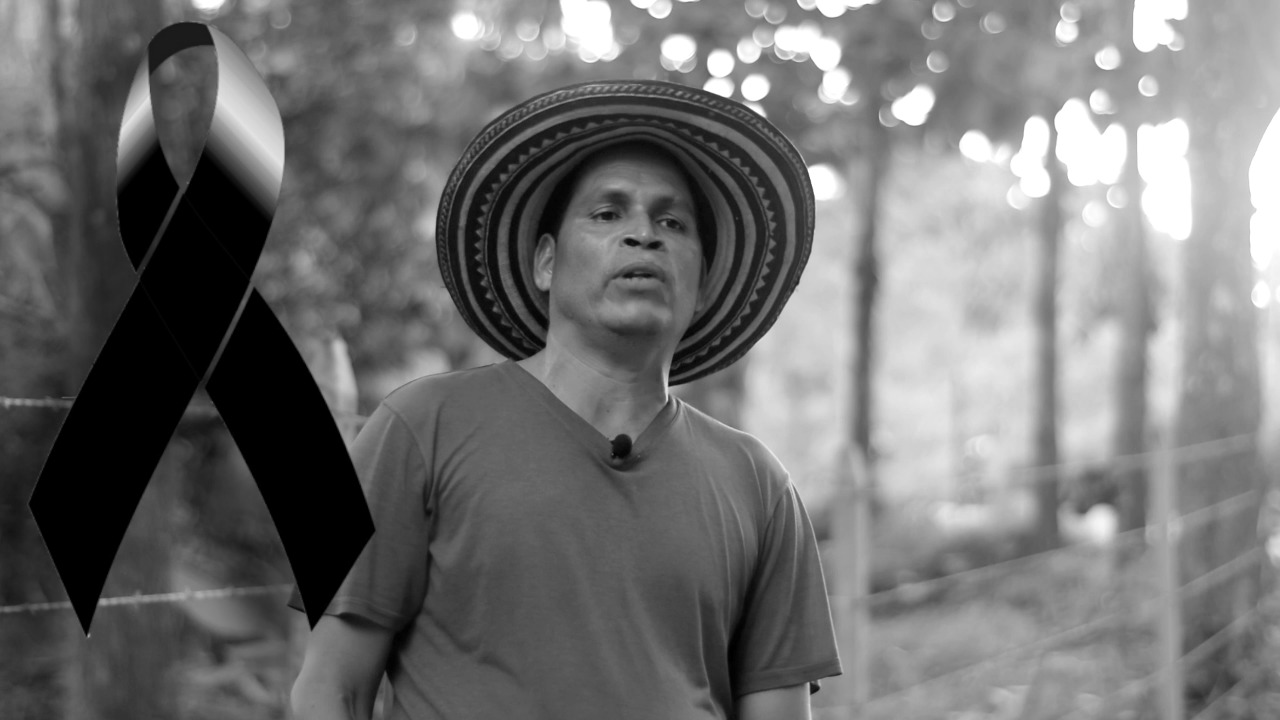
Another assassination at Colombian ‘peace community’
A new assassination of a campesino leader is reported from the self-declared “peace community” of San José de Apartadó, in Colombia’s conflicted northern Urabá region. Uber Velásquez was slain by unknown assailants at the hamlet of La Balsa, one of those adhering to the “peace community” which for more than 20 years has refused all cooperation with armed actors in Colombia’s conflict—and whose leaders have been repeatedly targeted for death. Days later, Colombia’s Special Jurisdiction for Peace (JEP) formally declared that the February 2005 massacre at San José de Apartadó—in which eight residents were slain, including three children—was a “crime against humanity.” (Photo via Twitter)



